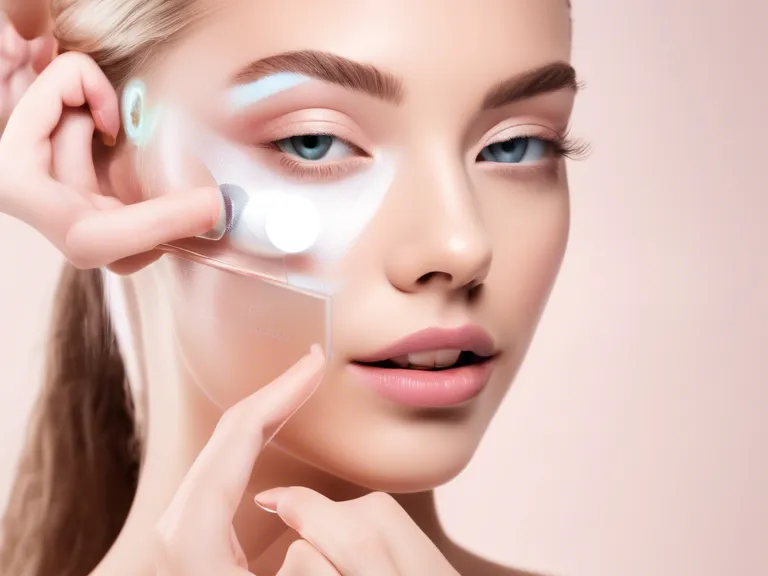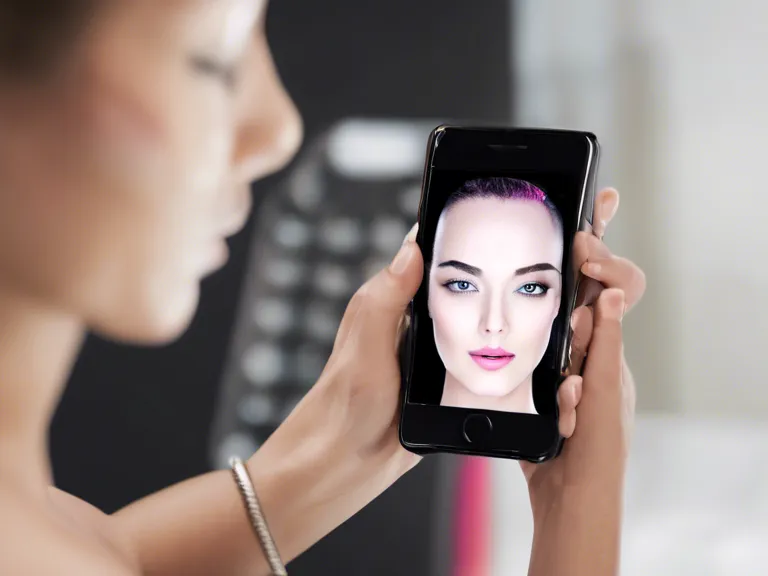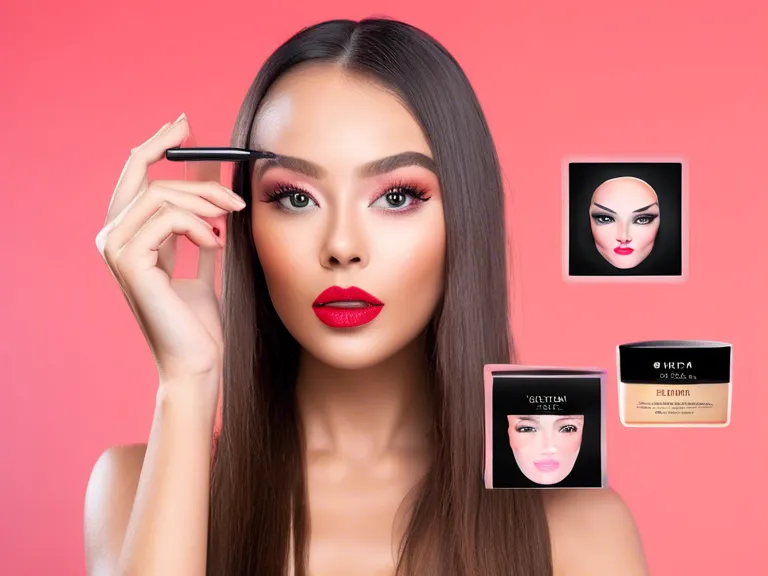
Privacy in the Beauty Wave: Protecting Personal Data in Cosmetic Tech
With the rise of cosmetic tech, beauty enthusiasts are enjoying innovative products and services that enhance their skincare routines and makeup applications. However, as personal data becomes increasingly important in this industry, it is crucial to address privacy concerns and protect sensitive information.
Cosmetic tech companies often collect data from customers through various channels such as mobile apps, websites, and connected devices. This data can include personal details, skincare concerns, purchasing history, and even biometric information from beauty analysis tools. While this information is valuable for delivering personalized recommendations and improving products, it also raises concerns about privacy and data security.
To protect personal data in cosmetic tech, companies must prioritize data protection measures such as encryption, secure storage practices, and transparent privacy policies. They should also obtain explicit consent from customers before collecting their data and clearly communicate how it will be used. Additionally, companies should regularly audit their data practices and invest in security training for employees to prevent data breaches.
Consumers can also take steps to protect their privacy in the beauty wave. They should carefully review privacy policies before sharing their data and consider the risks and benefits of using connected beauty devices. It is also important to use strong, unique passwords for beauty apps and devices, enable two-factor authentication when available, and keep software up to date to prevent security vulnerabilities.
Overall, protecting personal data in cosmetic tech is essential for maintaining trust between companies and customers. By implementing strong data protection measures and educating consumers about privacy risks, the beauty industry can continue to innovate while ensuring the security of sensitive information.



